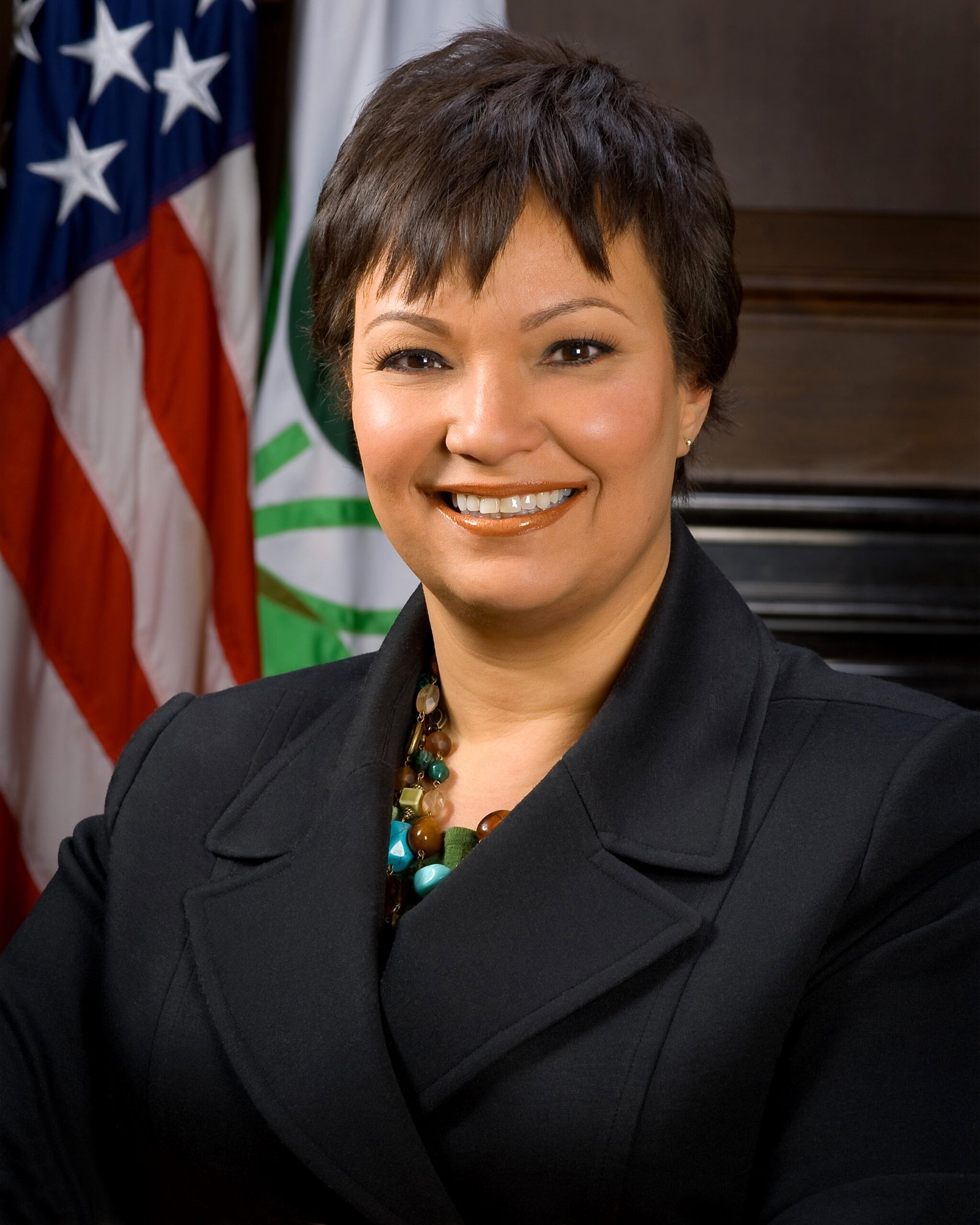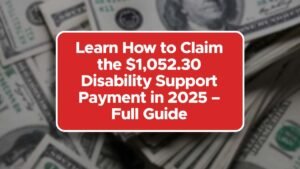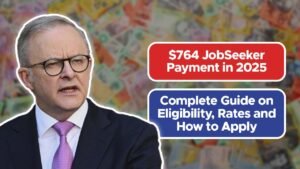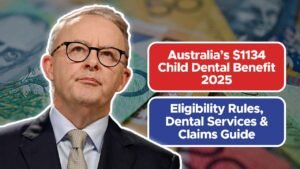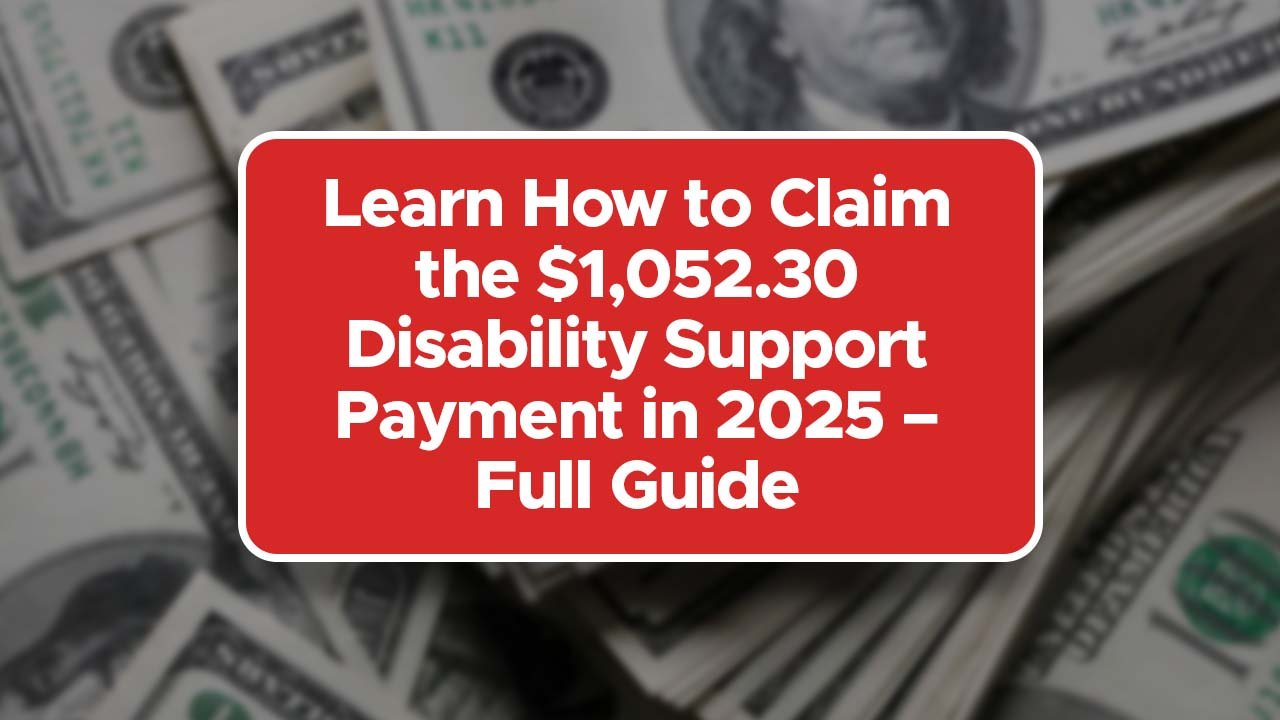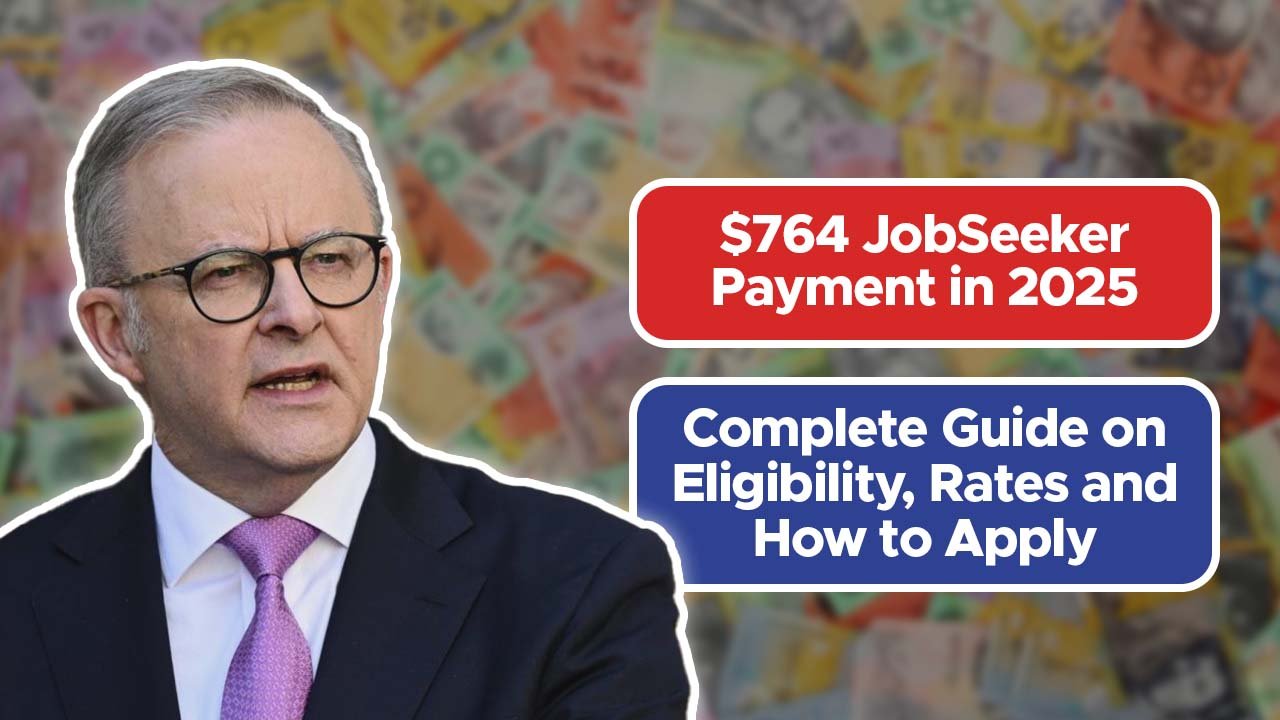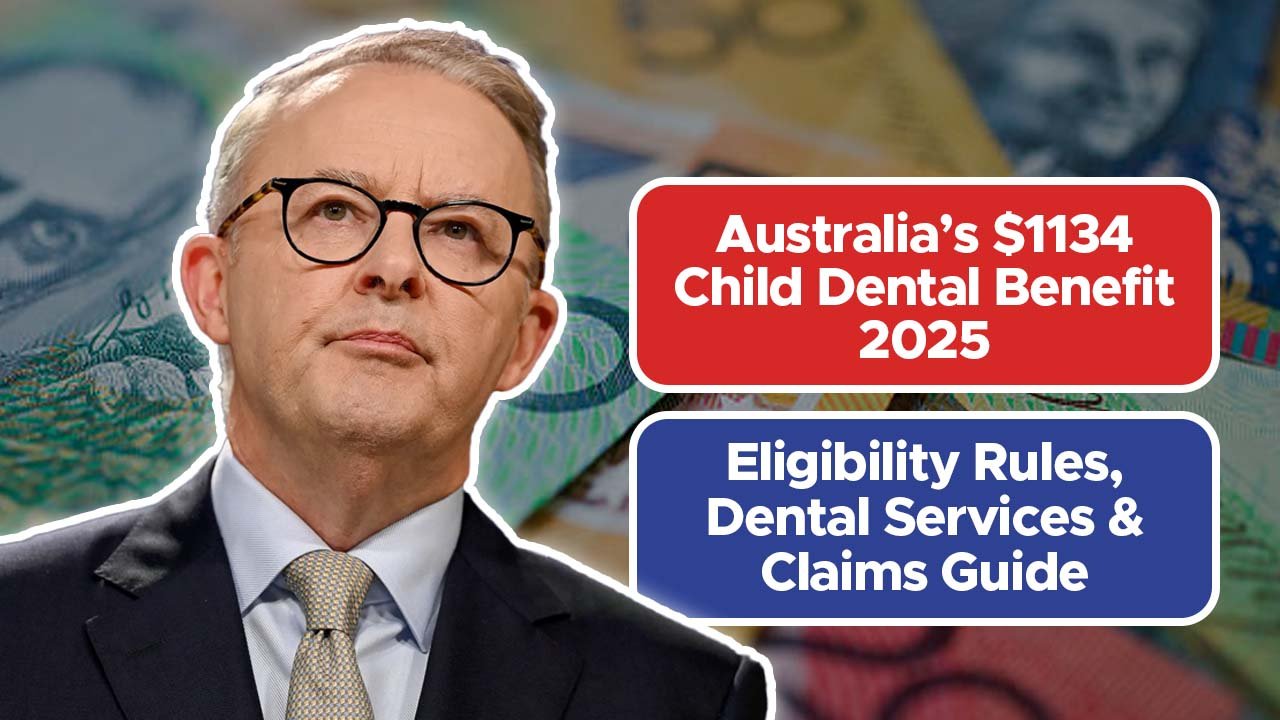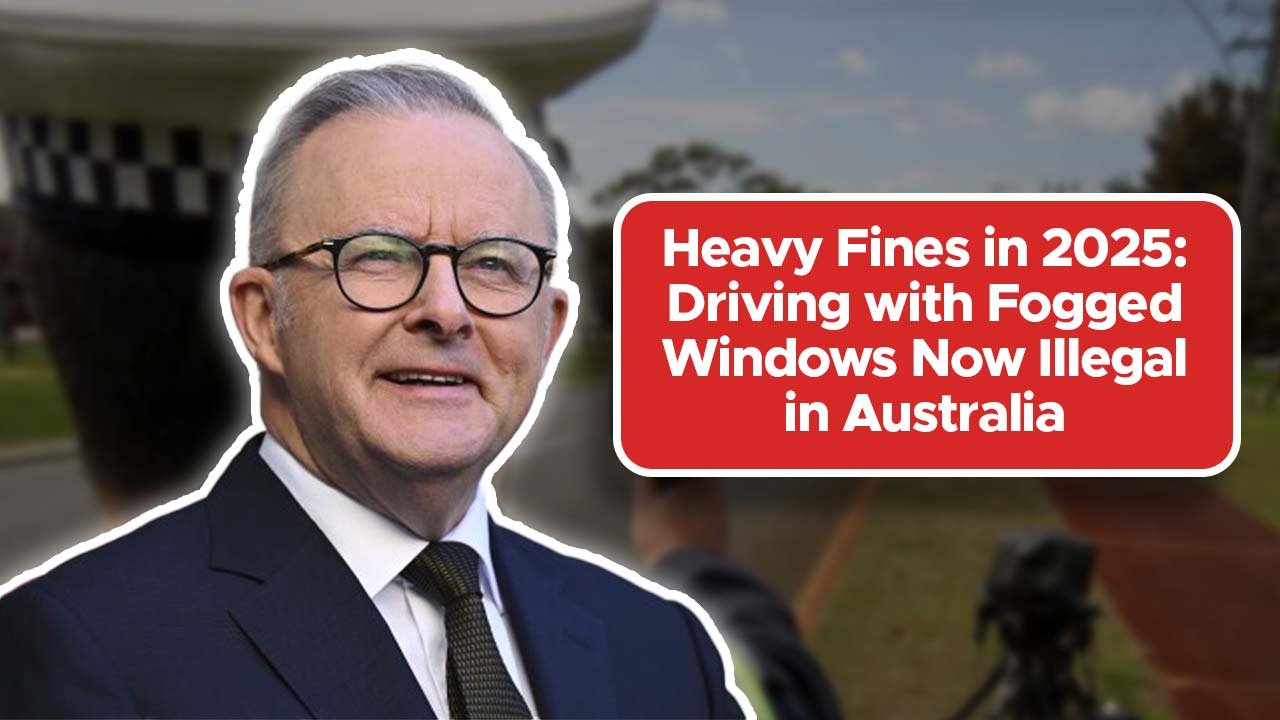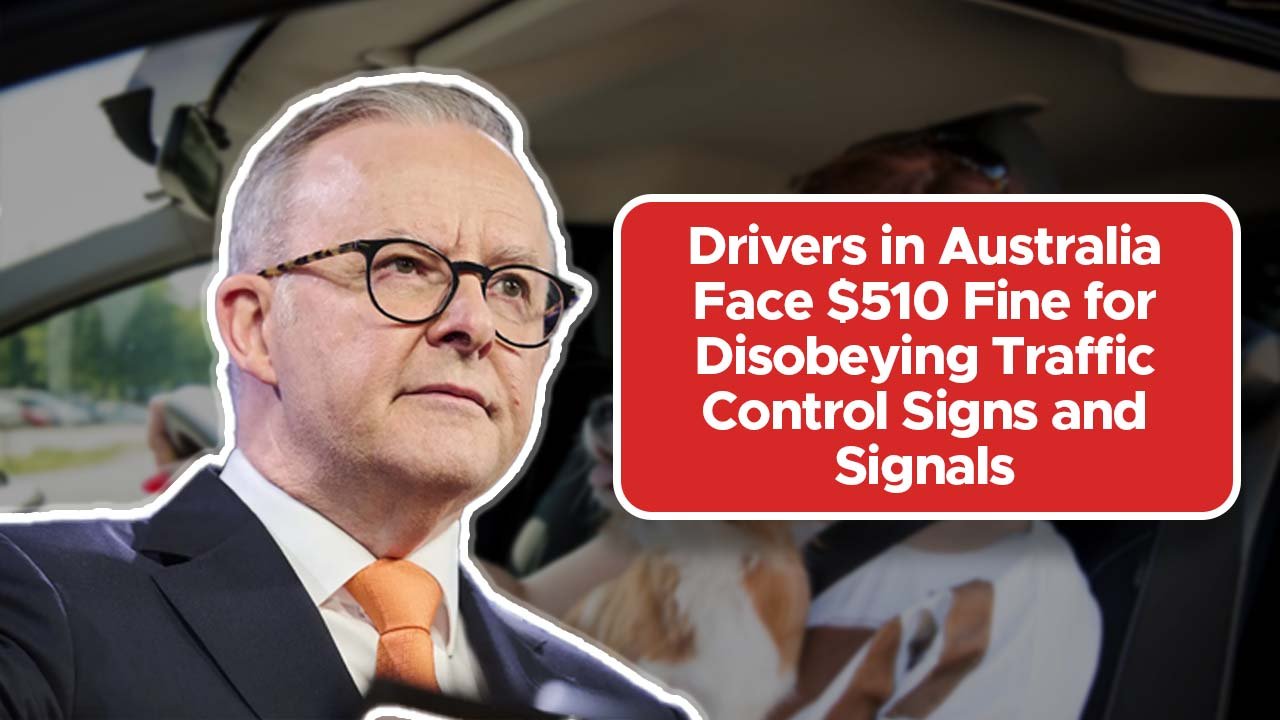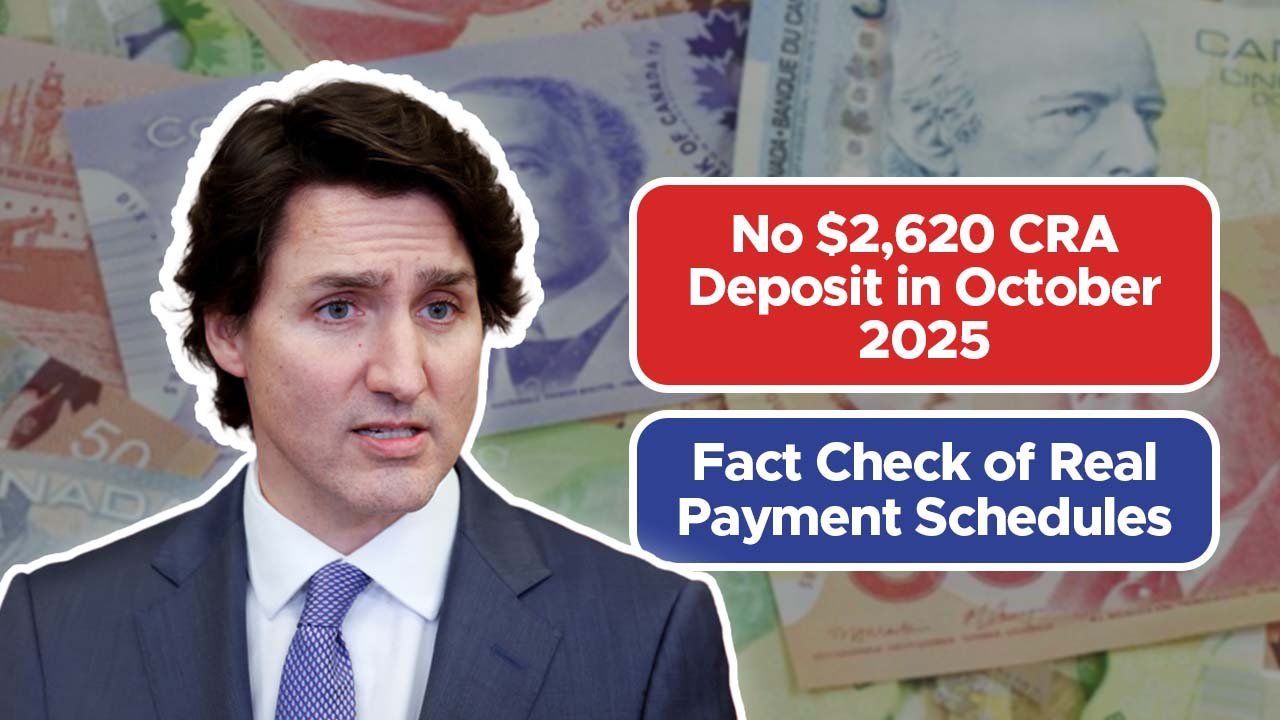The year is now 2025 and Trump the president, continues to change and implement US Immigration rules. Policies having to do with changing increasing nonimmigrants obstacles to entering the USA, changing the process in which one can become a citizen, restricting laws around gains citizenship by birth, and changing the components of controlled immigration. These rules are now focusing immigration to and the USA with the intent of retention of the economy, keeping the applicants at arms through rigorous border control, and more focused national defense. These rules are vital for understanding for businesses, future citizens, and immigrants.
Limitation on Nonimmigrant and Foreign Workers
While the major policy shifts is focused on the non-haulage system, an equally important one is the imposition of a $100,000 to new H-1B visa agreements the H-1B visa especially for the non-immigrant high skilled applicants wishing to come to the US. This charge, which comes to bear on September 21, 2025, is only for new petitions and does not change for current visa holders and people with H1B dependent spouses, nor do they have to pay Trump’s new immigration fees nor will they undergo any resti… Any person applying for the H-1B visa is exempt from any lottery selection process, will be reviewed on a new basis, the new system will favor higher paid, and more skilled employees. These rules are part of an intention to safeguard American citizens and more controlled non-immigrant worker policy.
Overhaul of the Naturalization Process
In 2025, the USCIS rolled out the updated naturalization civics test, greatly increasing the U.S. history and government questions. Applicants must now answer a minimum of 12 out of 20 questions correctly in order to pass. This is part of ongoing efforts to make certain that new citizens appreciate and comprehend the system of government of the United States. New vetting standards the administration has put in place, such as neighborhood investigations, reintroduction of ‘good moral character’ assessments, and disqualification for any illegal voting or claims to citizenship, have also stiffened.
Summary Table of Key Data
| Policy Area | Change Description | Effective Date | Affected Group |
|---|---|---|---|
| H-1B Visa Fee | New $100,000 fee on new H-1B petitions | Sep 21, 2025 | New H-1B visa applicants |
| Naturalization Civics Test | Increased questions, higher passing threshold | Oct 20, 2025 | Citizenship applicants |
| Birthright Citizenship | Limits citizenship at birth to children with citizen/LPR parents | Proposed in 2025, pending | Birthright citizenship applicants |
Restrictions on Birthright Citizenship
Attempting to limit birthright citizenship which historically bestows citizenship to anyone born on U.S. soil, even to parents with no legal immigration status, is yet another initiative born out of controversy. The Birthright Citizenship Act of 2025 seeks to change this by proposing any child born on U.S. soil will automatically be a citizen if at least one of their parents is a citizen or a lawful permanent resident. This move is a copy of President Trump’s executive orders, which sought to change the definition of who in the U.S. is a citizen, and has faced legal scrutiny because of the Fourteenth Amendment. Undoubtedly, should this proposal be turned into law, the volume of undocumented and stateless people in the country will rise.
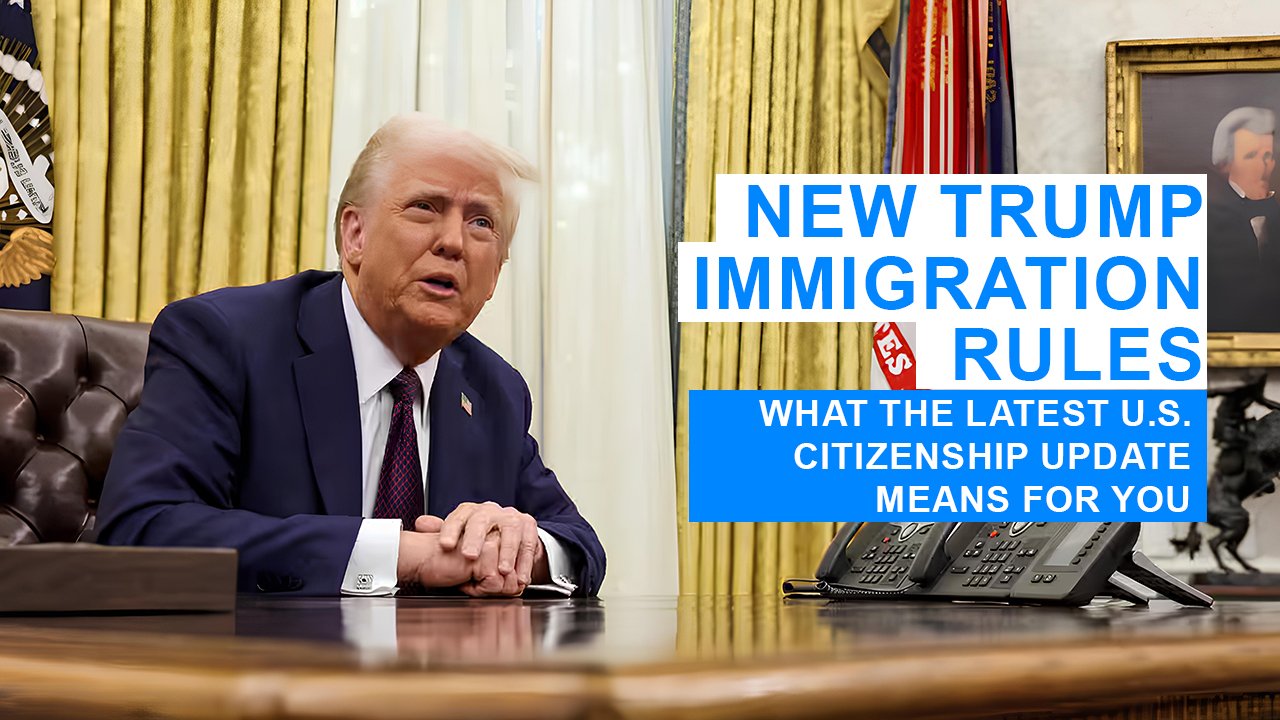
Impact on Immigrants and Families
Changes in rules can have major effects on immigrants and their families. With waiting immigration targeted to employment and now having to employ foreign skilled workers, a gap in permission for foreign skilled workers remains. Now demands the changed naturalization process preparation and more engaging comprehension. Families could face anxiety due to not knowing if children born in the US will automatically gain citizenship, as well as new stringent visa and residency requirements. Current behavior indicates a debate. Proponents assert new levels of frustration will be added in the process of thriving to live, work, and assimilate in the US. These transformational matches give evidence to the other side, as they claim jobs and US territory are in vital need of protection.
FAQs
Q1. Does the new $100,000 H-1B visa fee apply to current visa holders?
A1. As of now, the $100,000 fee has nothing to do with current holders, as it can only be applied to new petitions of the H-1B visa starting from September 21, 2025.
Q2. What changes have been made to the U.S. naturalization civics test?
A2. A new version of the civics test for 2025 has been enhanced and consists of 128 questions, with the goal of raising the final test’s threshold. Applicants are expected to answer 12 of the 20 questions correctly.
Q3: What are the impacts of the Birthright Citizenship Act for children born in the U.S.?
A3: The act would grant citizenship only to children whose at least one parent is a U.S. citizen or lawful permanent resident. This change would increase the number of undocumented or stateless children.
These changes confirm the direction toward greater control of immigration policy promoted by President Trump. They also touch on various aspects of work authorization and citizenship in the U.S. It is important to prepare for these changes, as many people will be impacted and will need to comply with the new legal obligations.
